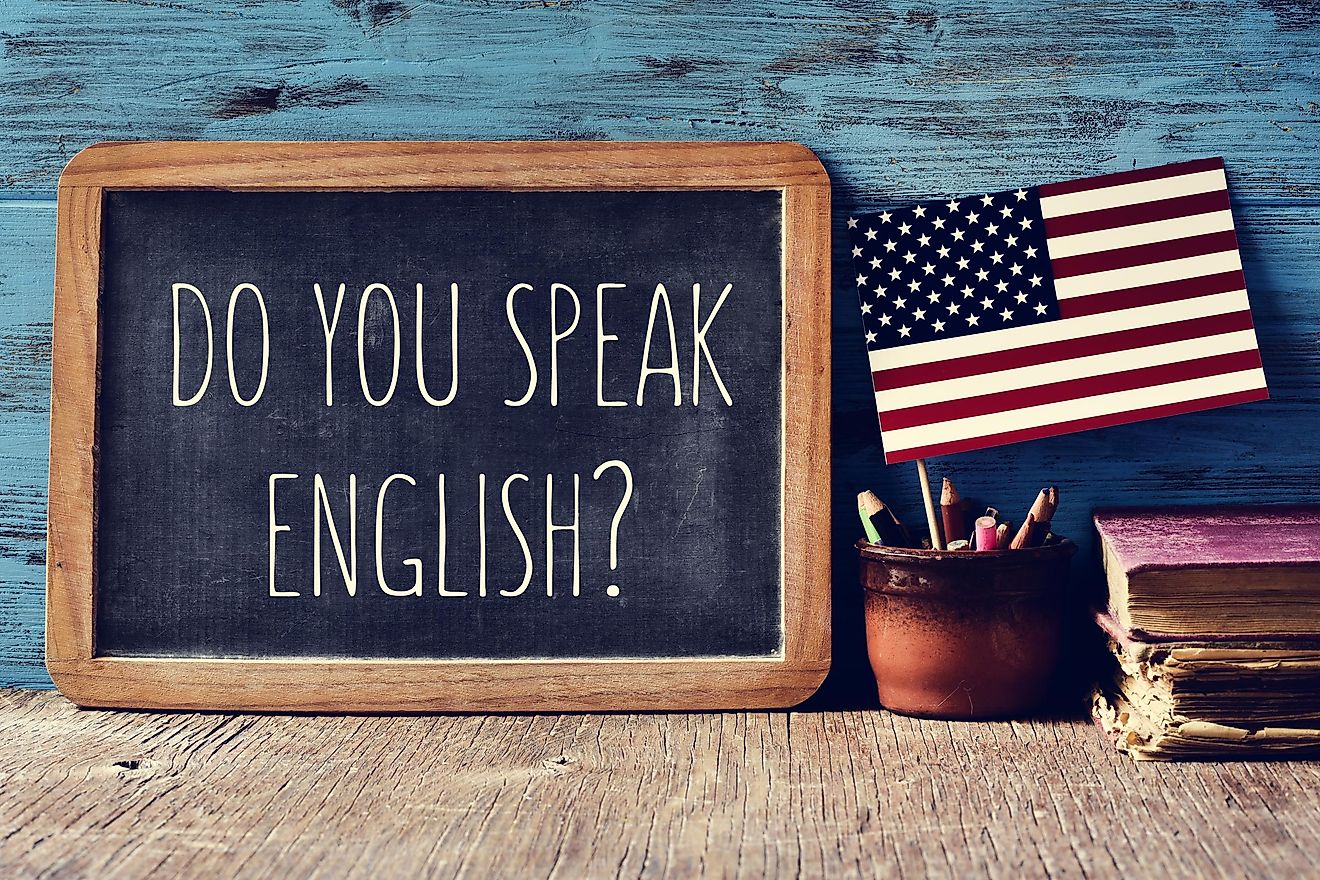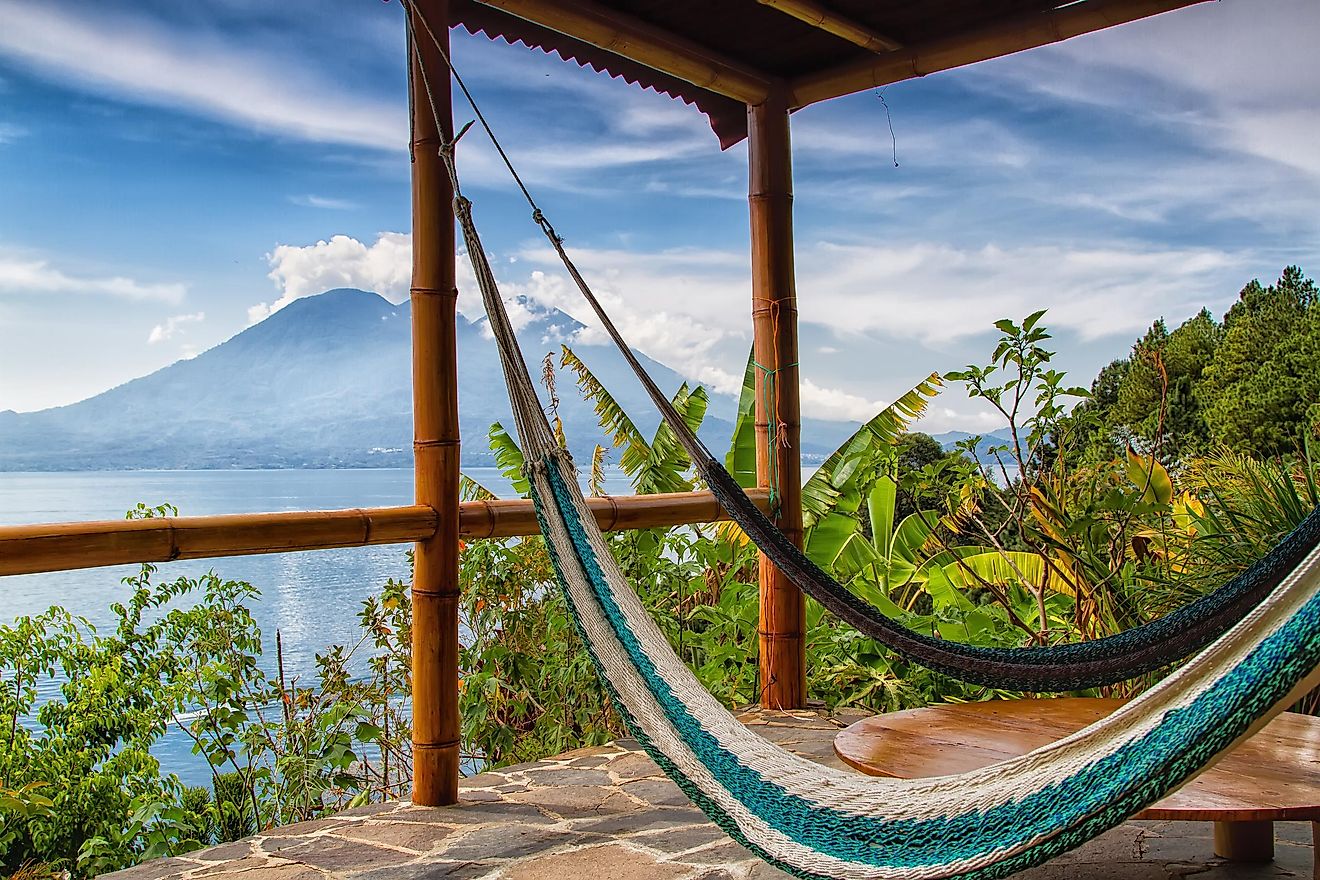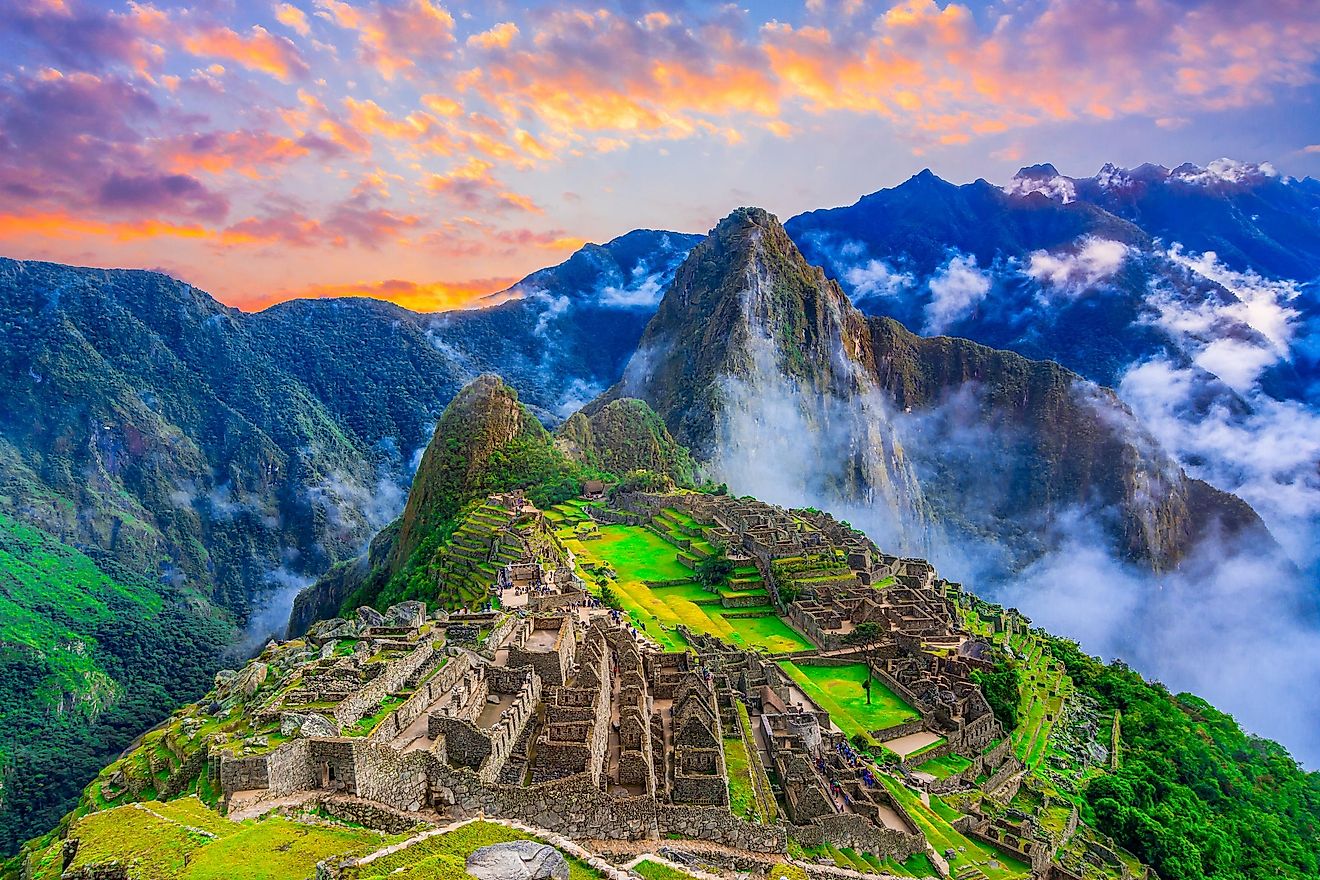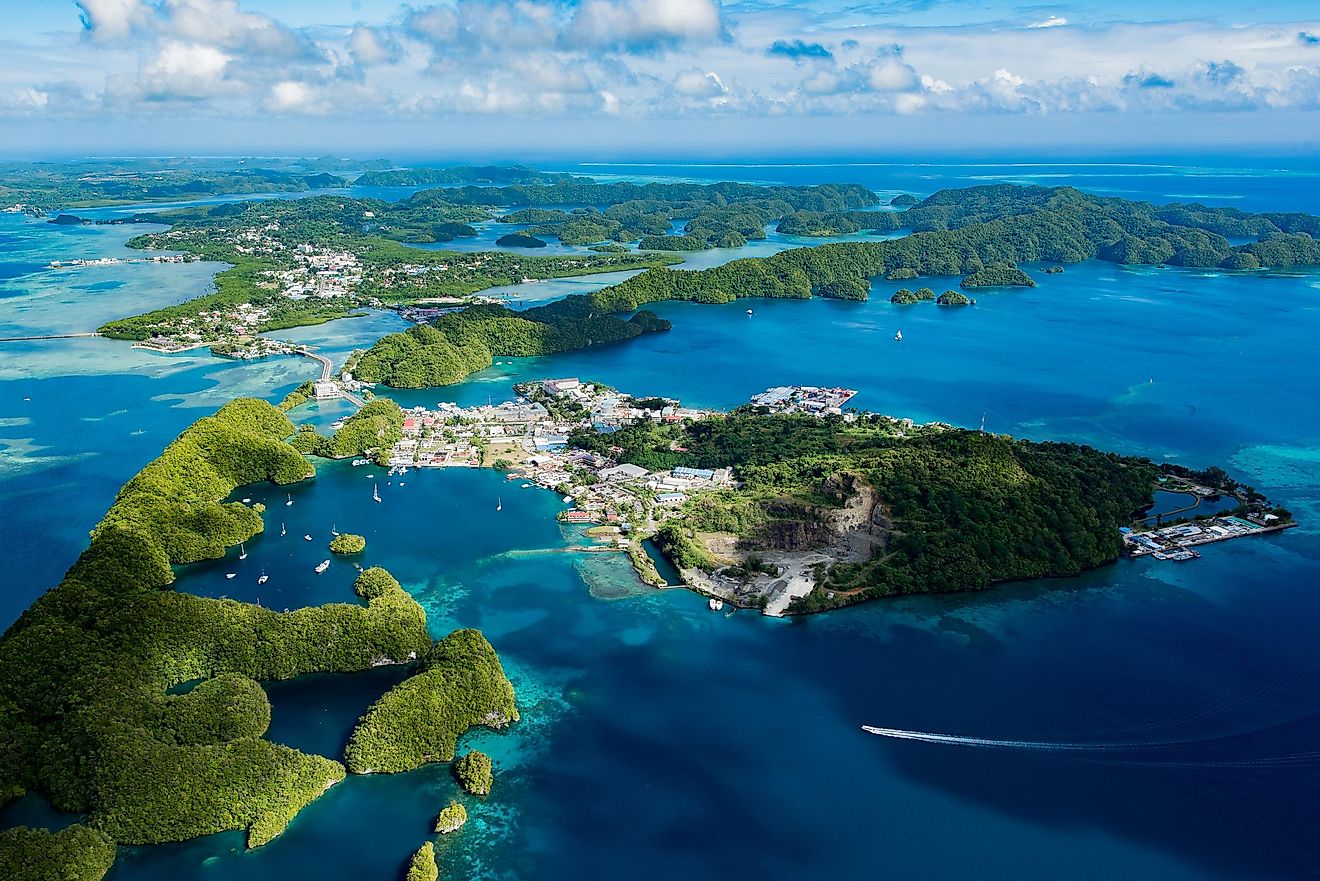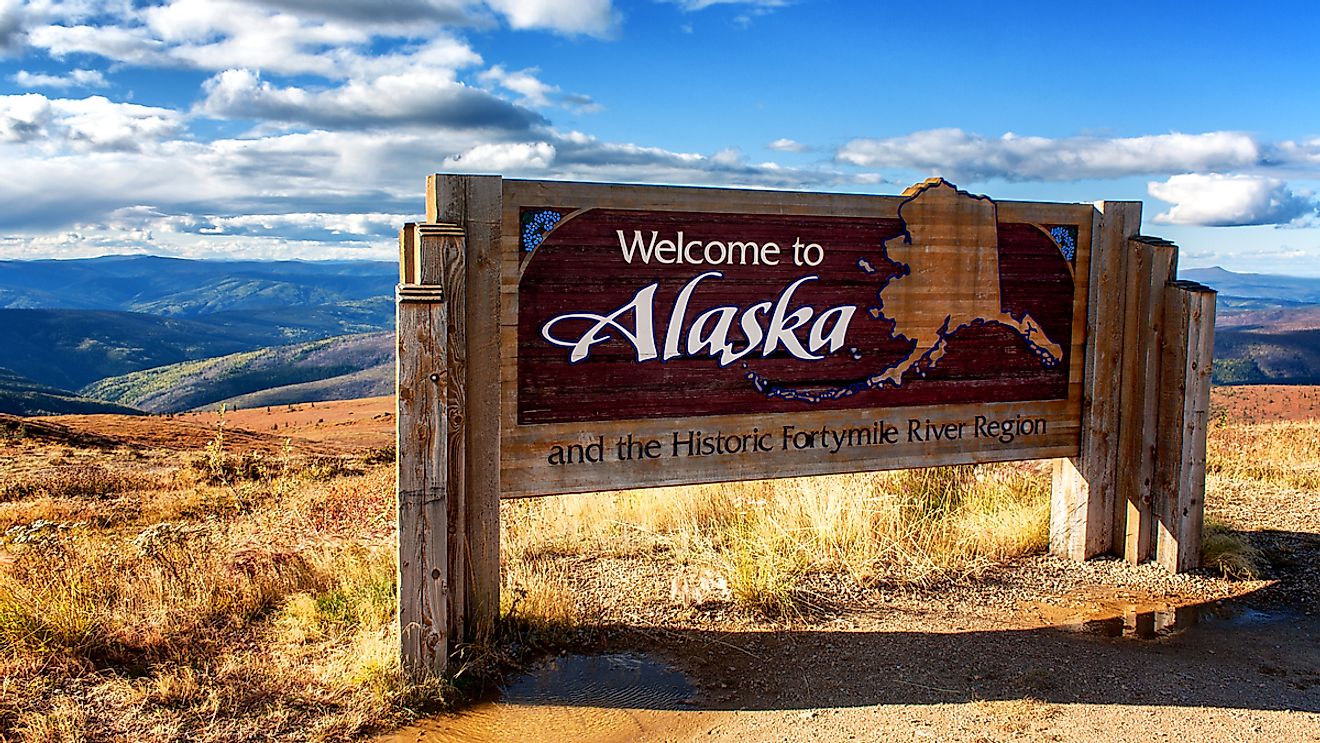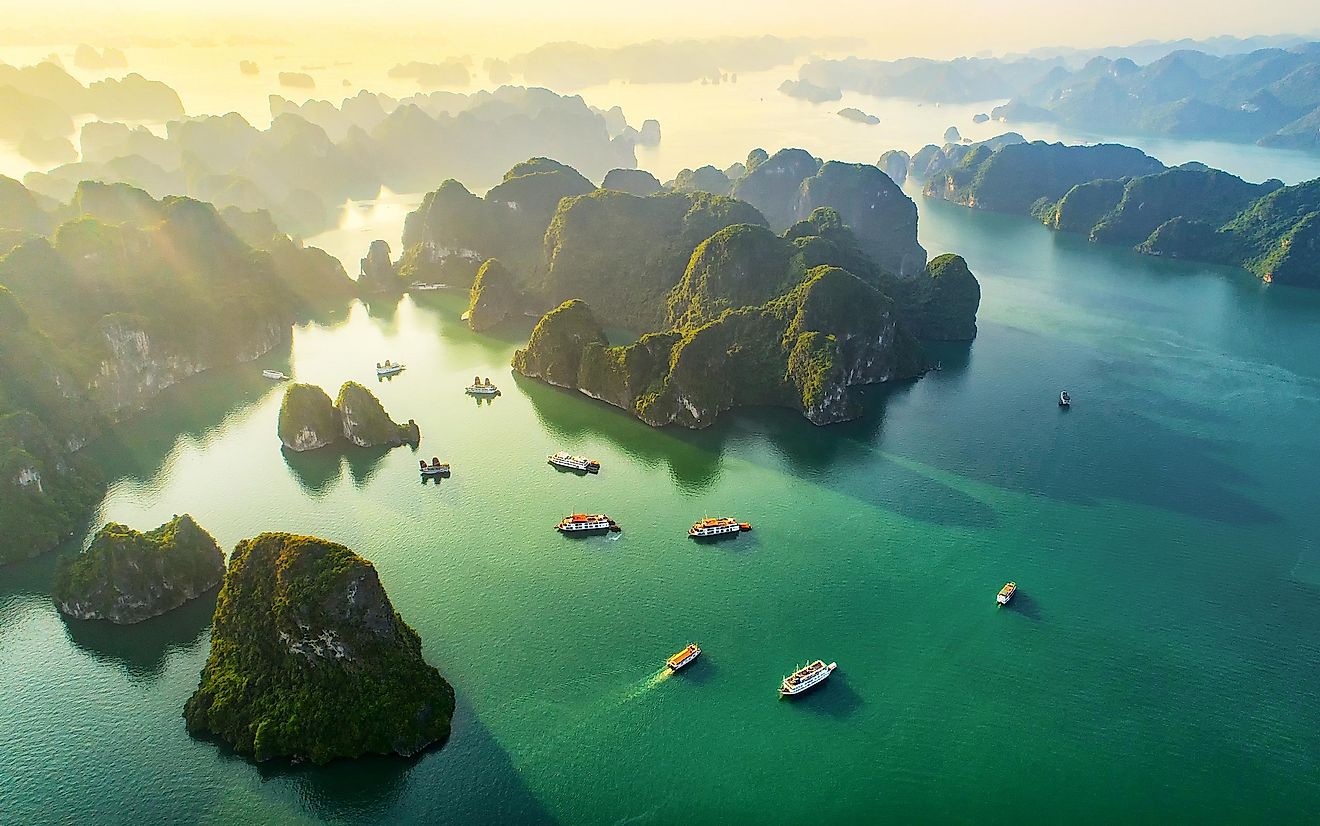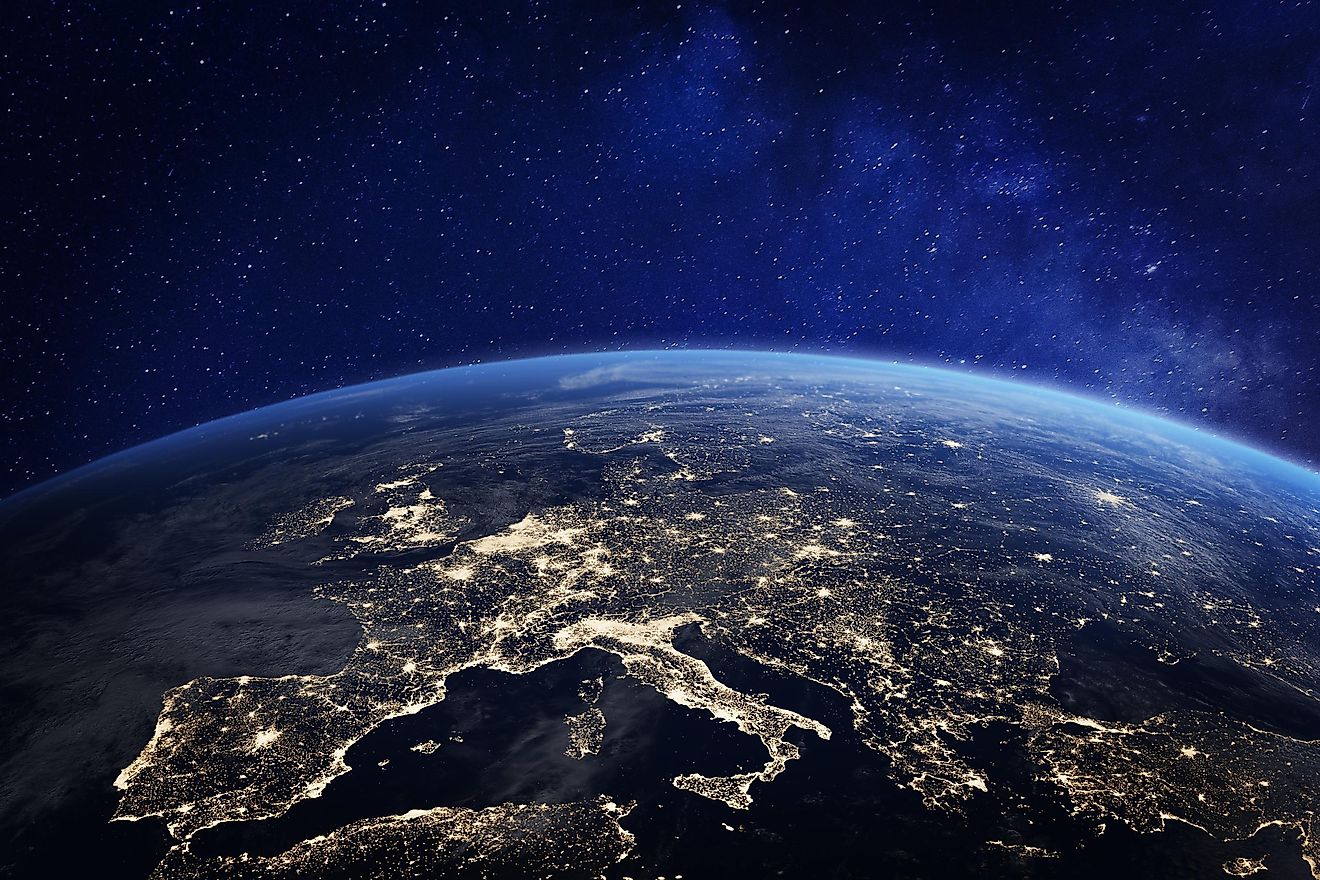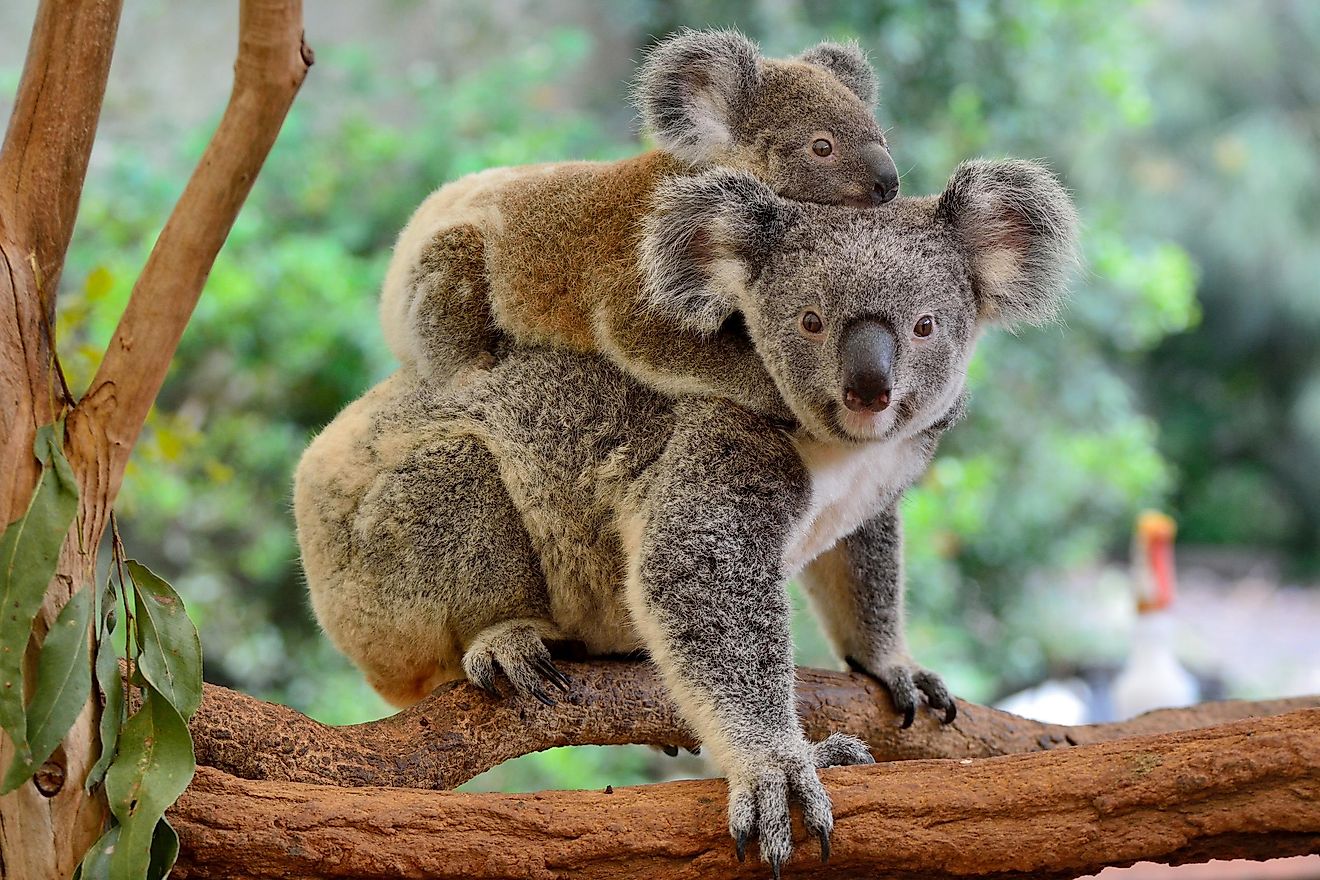Simon Bolivar - People Throughout History
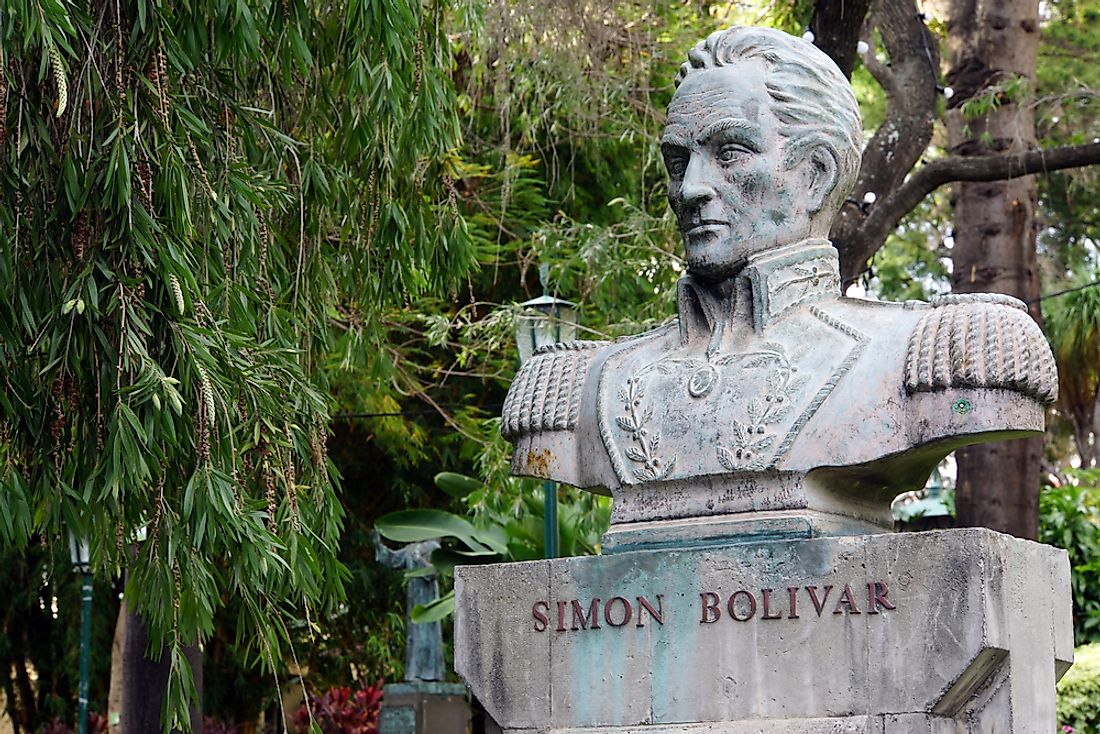
Simón Bolívar was a Venezuelan leader who played a role in the establishment of South American countries after leading their liberation from Spanish colonial rule.
Early Political Career
Officially Simón José Antonio de la Santísima Trinidad de Bolívar y Palacios, and often referred to as El Libertador, Bolívar was born in Venezuela in 1783. After the death of his parents, Bolívar traveled to Europe to further his education. While abroad, he was impressed by political events like the coronation of Napoleon in France.
It is also in Europe where Bolívar learned the art of war, among other studies like politics and philosophy. The upheavals in Spain gave him an opportunity to head home and start his revolutions. From 1804, his campaigns had seen him go through high and low points. The most notable were when he had a defector within his ranks, Miranda, arrested and handed over to the Spanish Army.
On August 6, 1813 his forces recaptured Caracas and established the second republic of Venezuela. The rebellion thereafter forced him to seek refuge in Granada and later on in Haiti where he lobbied extensively for aid.
In September 1821 his campaigns resumed and led to the establishment of Grand Colombia after defeating the Spanish forces and their allies at the battle of Carabobo, the last major battle. This new state covered an entire area that is now modern Colombia, Venezuela, Ecuador, and Panama. Bolívar continued with his campaign down south between 1822 and 1830.
The Struggles in Grand Colombia
This new state faced political and military challenges. Bolívar faced rebellions and insurrections due to his controversial move to implement a centralist system of governance. He didn’t want to use a federal system like that of the USA since he thought it was impossible. He wanted the power to be concentrated in a central administration and a lifetime presidency that provided him with an opportunity to elect a successor.
However, his presidency would have a system of accountability to keep it in order. This idea wasn’t popular and the constitutional conference he had called to approve this was abandoned. Conspiracies against him continued despite him pardoning them.
Power struggles was the main reason for his assassination. The union collapsed on January 20, 1830 after he stepped down from the presidency. His appeal for the nation to remain united was ignored and the former colonial power Spain launched failed attempts to regain its former colonial possessions. After 1830, this region suffered conflicts and civil wars. Bolívar died on December 17, 1830 before he could travel to Europe.
Personal Beliefs and Portrayal By Authors
It was unfortunate that Bolívar didn’t have any children as he had lost his wife Maria Teresa to Yellow Fever. His sojourn in Europe in order to overturn the sadness of losing his wife transformed it to a strong commitment.
The transformation was on account of his meeting with former tutor Simon Rodriguez. Bolívar was denounced in historical publications by popular figures like Karl Marx and Docoudray Holstein.
Many people called him a coward due to his frequent abandoning of his military forces during combat operations. In particular, Holstein took issue with his preference for intrigues and manipulation over open engagement with the enemy. His dalliances with women were criticized as it often interfered with the military effort of his forces. Karl Marx accused him of trying to maintain the creole nobility of which he came from.
